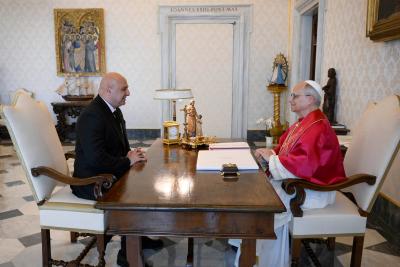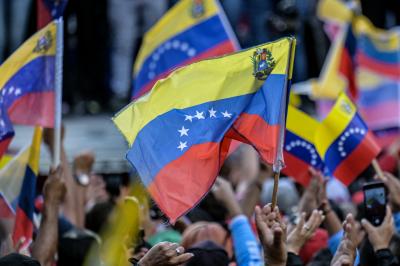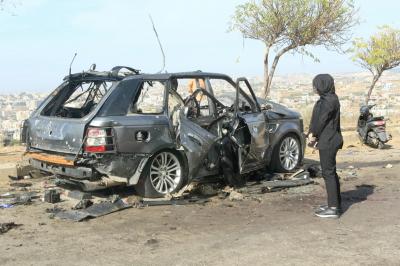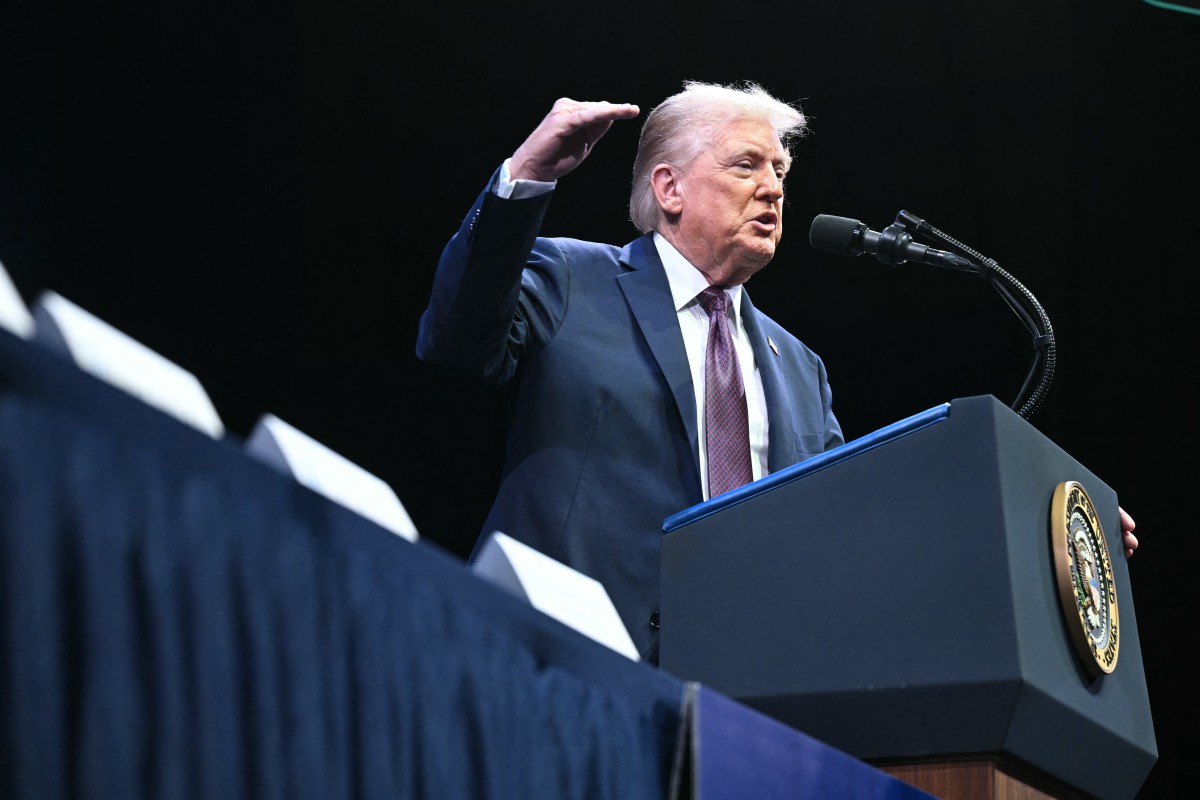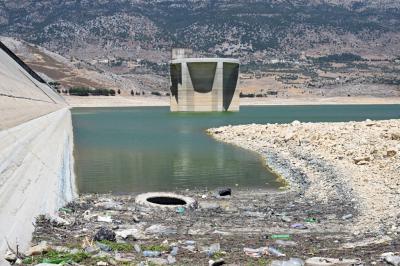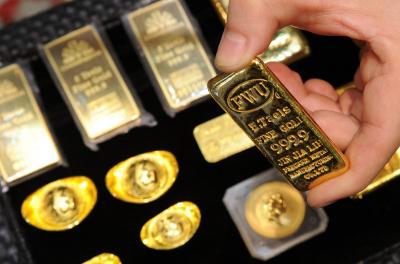Donald Trump is faltering. His brand of diplomacy—characterized by fist-pounding bravado and bluster—has failed to yield results. The war in Ukraine, which he once suggested would end in mere weeks, continues to devastate the country and claim civilian lives.
In Gaza, too, his policies have proven disastrous. Guided largely by Benjamin Netanyahu’s agenda, Trump has offered unwavering support to Israel as its army presses deeper into Gaza, ordering mass displacement and striking civilian populations without any hint of reconsideration in Washington. Trump rants, threatens, and postures, yet neither Vladimir Putin nor the Israeli prime minister has altered course. Populations are suffering, and Trump carries on with his spectacle.
Worse still, in slapping India with punishing tariffs, Trump has pushed New Delhi closer to Beijing and Moscow, inadvertently strengthening the Global South’s alignment against the West. This shifting landscape was on full display at the Shanghai Cooperation Organization summit held in Tianjin, China, on September 1. A Chinese military parade underscored rising global tensions. At the same time, the summit highlighted Beijing’s ambition to rally the Global South against the Western-led unipolar order, aiming for a more balanced system of governance that curtails U.S. dominance. Whether this transition unfolds through diplomacy or armed conflict remains an open—and dangerous—question.
Trump’s heavy-handed tactics risk not only weakening America in the face of a growing China-Russia-India axis but also plunging the world into broader conflict. He has turned his back on the American diplomatic tradition that once delivered extraordinary results.
Where, commentators ask, are the “Henry Kissingers of the 21st century”? In the 1970s, the legendary U.S. diplomat orchestrated a masterstroke: a secret trip to Beijing in 1971 that paved the way for Richard Nixon’s historic visit the following year. By reintegrating Communist China into the international order—symbolized by Beijing’s admission as a permanent member of the U.N. Security Council—Washington successfully divided the communist bloc, isolated the Soviet Union, and opened a market of 700 million people to U.S. businesses.
Trump is the anti-Kissinger. At a moment when China and the United States desperately need dialogue and negotiation, he has chosen confrontation. His bluster and political theatrics have left much of the world facing fear, instability, and despair. In the end, Trump has staged a drama so reckless and implausible that even Hollywood would have rejected the script.
Please post your comments on:
[email protected]
 Politics
Politics

